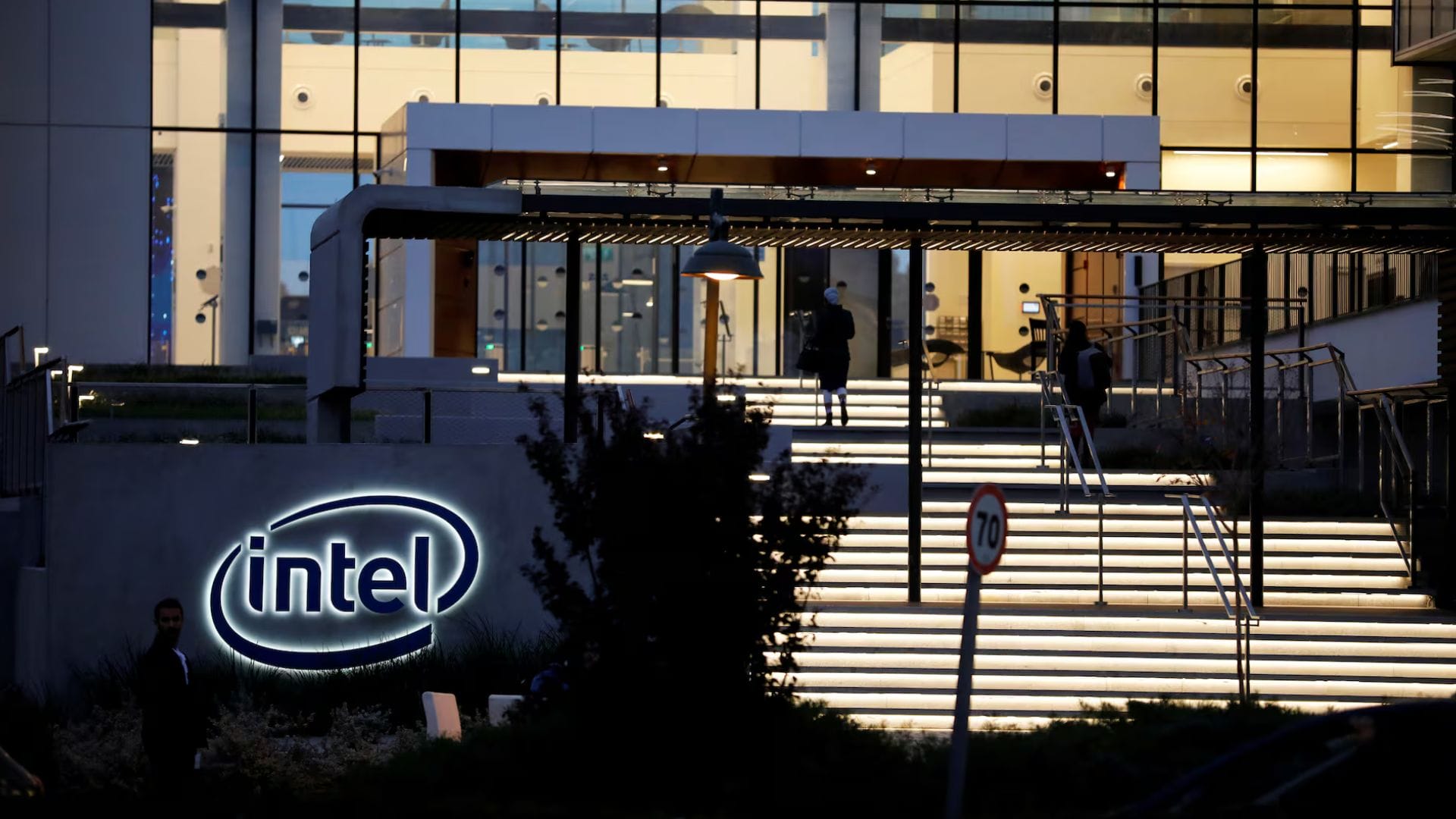Intel prepares for major layoffs ahead of Q1 earnings
Intel plans to cut over 21,000 jobs this week, aiming to rebuild its focus and engineering culture under new CEO Lip-Bu Tan.

If you work at Intel, you may soon be facing difficult news. The company plans to lay off more than 21,000 employees—about 20% of its workforce. According to a Bloomberg report, this large round of job cuts will be announced this week.
The timing of the announcement is significant. It’s set to take place just before Intel’s first-quarter earnings call, which will be led by the company’s new CEO, Lip-Bu Tan. Tan took over from former chief Pat Gelsinger in late 2024 and has already begun making major changes within the company.
Intel’s decision to reduce its workforce follows a challenging year. After cutting 15,000 jobs in August 2024, this new round of layoffs would eliminate the total number of positions to more than 36,000 in less than a year. By the end of 2024, Intel reported having around 108,900 employees. If the planned cuts go ahead, this number will drop sharply.
A push to rebuild Intel’s engineering culture
Lip-Bu Tan is not just focused on reducing costs. According to Bloomberg’s sources, he wants to reshape the company’s culture and leadership structure. The goal is to streamline management and bring back what he calls an “engineering-driven culture.”
This shift reflects Tan’s belief that innovation and technical strength are key to Intel’s long-term success. He is expected to restructure teams and shift the focus away from less critical parts of the business, helping the company to better compete in the fast-changing tech industry.
Tan has already made moves to sharpen Intel’s direction. Earlier in June, the company sold a 51% stake in its Altera semiconductor business to Silver Lake, a private equity firm. This step was part of a broader strategy to move away from what Intel now sees as “non-core” areas.
Stock troubles and financial pressure add to the urgency
Intel has faced strong financial pressure in recent years. Over the past five years, its stock value has dropped by around 67%, raising concerns among investors and analysts.
The company has faced fierce competition from rivals like AMD and Nvidia, especially in the high-performance chip market. At the same time, global supply chain challenges and changes in consumer demand have added more pressure.
By cutting jobs and selling off parts of the business, Intel hopes to reduce expenses and focus more clearly on areas that drive growth. While painful, these changes are framed as necessary to help Intel stay competitive and restore investor confidence.
The first-quarter earnings report, expected this week, will give a clearer picture of the company’s current state and future plans. However, the coming days will be uncertain for many employees and investors.















